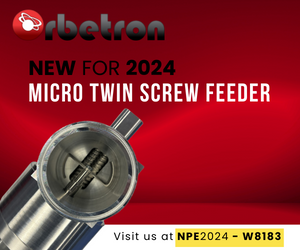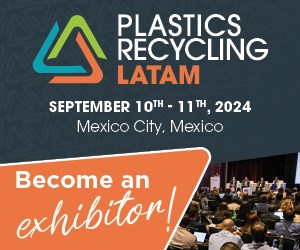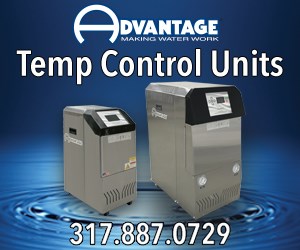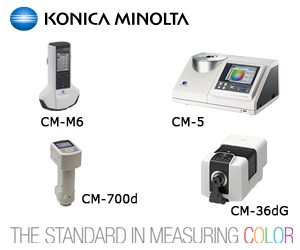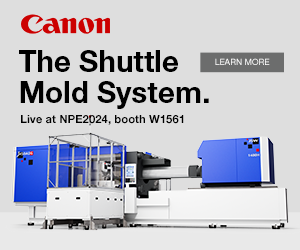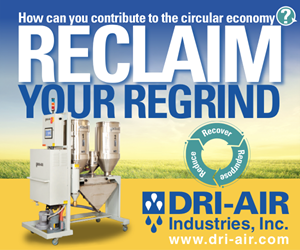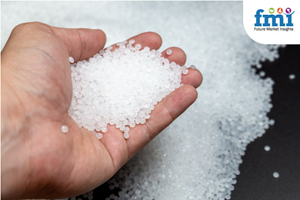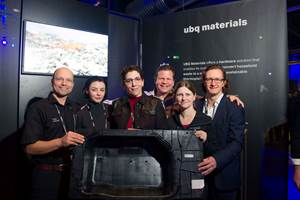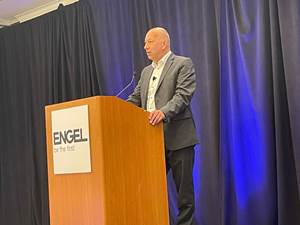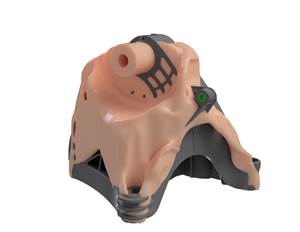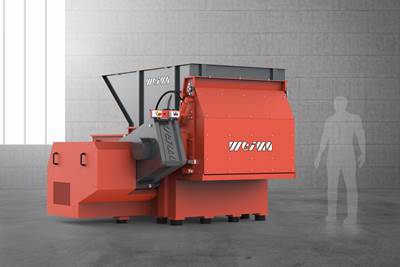Microcellular Foam with Heat-Cool Makes Class-A Glossy Parts
A high-gloss surface equivalent to automotive Class-A solid molding can now be achieved with the weight savings and other benefits of microcellular foam molding, thanks to a new licensing agreement between Trexel Inc., Waltham, Mass., and Ono Sangyo Co.
A high-gloss surface equivalent to automotive Class-A solid molding can now be achieved with the weight savings and other benefits of microcellular foam molding, thanks to a new licensing agreement between Trexel Inc., Waltham, Mass., and Ono Sangyo Co. Ltd. (OSK) of Japan (onosg.co.jp). Another recent industry alliance has created a MuCell Trial and Development Center in the Detroit area to allow automotive OEMs and Tier 1 molders to experiment with the process. Meanwhile, Trexel has just completed the sale of its MuCell Extrusion unit, which it had spun off into separate business with a partner.
These industry alliances are part of Trexel’s new strategy to enhance its MuCell foam technology and expand its presence in industry. As explained by recently appointed Trexel president Steve Braig, this strategy is aimed at transitioning MuCell from its current niche status into a “generally accepted process enhancement” where users take advantage of the technology’s “full value proposition.” To get there, Trexel aims to focus on training OEMs and Tier 1 processors to “think MuCell.”
The patented MuCell process injects a pressurized gas (nitrogen or carbon dioxide) into the injection barrel. When the melt expands in the mold, it forms tiny bubbles that aid flow and help pack out the part without stresses and with lower injection and clamp pressures, potentially allowing use of smaller presses. Benefits include weight savings up to 25%, cycles up to 40% faster, and absence of sinks and weld lines. OEMs are also said to be interested in the smaller carbon footprint of parts made with MuCell
CLASS-A MUCELL
Good news for automotive molders is the ability to achieve all these advantages while achieving the equivalent of a Class-A glossy surface, free of the usual splay caused by gas bubbles. Aimed at auto interior parts, the new solution is the result of applying OSK’s Rapid Heat Cycle Molding (RHCM) technology to MuCell. RHCM technology, also known as Variotherm or Heat/Cool molding, is patented globally by OSK. Under license from OSK, Trexel can now offer RHCM technology to customers, using a combination of steam and cooling water to thermally cycle the mold from hot to cold. Trexel also can supply the Steam Jet heat/cool mold control system, produced by Matsui Mfg. Co. in Japan (matsui-mfg.net).
Although not necessarily relevant to automotive today, Braig notes that Trexel has experimented with MuCell and RHCM using PLA biopolymer. “They were beautiful parts,”he says.
‘THINK MUCELL’
For customers to “think MuCell” and take full advantage of its benefits means not merely applying the microcellular process to conventional part designs, but engineering parts for the process from the beginning. To help reach that goal, Trexel formed a strategic partnership with Proper Group International, a moldmaker based in Warren, Mich. (propergroupintl.com). Proper houses Trexel’s newest center for customer trials and application/process development. It currently has two machines of 1100 and 3000 tons equipped for MuCell. Trexel has completed training and MuCell certification of a group of Proper’s tooling engineers and designers.
EXTRUSION SPINOFF
In 2008, Trexel created MuCell Extrusion LLC in partnership with Zotefoams plc (zotefoams.com), a major extruder of polyolefin foams based in the U.K. and with a plant in Walton, Ky. In March, Zotefoams bought out Trexel’s remaining share of the extrusion business. This will allow Trexel to focus on its core injection molding business and on automotive blow molding applications, such as ducts, fluid bottles, and air intakes for trucks and other large diesel engines. Final density reductions of 15% to 20% were obtained in early blow molding trials.
Related Content
Plastic Compounding Market to Outpace Metal & Alloy Market Growth
Study shows the plastic compounding process is being used to boost electrical properties and UV resistance while custom compounding is increasingly being used to achieve high-performance in plastic-based goods.
Read MoreHonda Now Exploring UBQ’s Biobased Material Made from Unsorted Household Waste
UBQ is aiming to expand its reach for more sustainable automotive parts as well as non-automotive applications.
Read MoreGetting Charged Up About Electric Vehicles
Metal-to-plastics replacement stories are a classic of the genre for plastics publishing, and nowhere more so than in the automotive space.
Read MoreDesign Optimization Software Finds Weight-Saving Solutions Outside the Traditional Realm
Resin supplier Celanese turned to startup Rafinex and its Möbius software to optimize the design for an engine bracket, ultimately reducing weight by 25% while maintaining mechanical performance and function.
Read MoreRead Next
Recycling Partners Collaborate to Eliminate Production Scrap Waste at NPE2024
A collaboration between show organizer PLASTICS, recycler CPR and size reduction experts WEIMA and Conair will seek to recover and recycle 100% of the parts produced at the show.
Read MoreBeyond Prototypes: 8 Ways the Plastics Industry Is Using 3D Printing
Plastics processors are finding applications for 3D printing around the plant and across the supply chain. Here are 8 examples to look for at NPE2024.
Read More

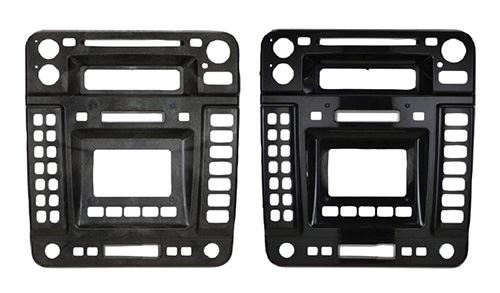
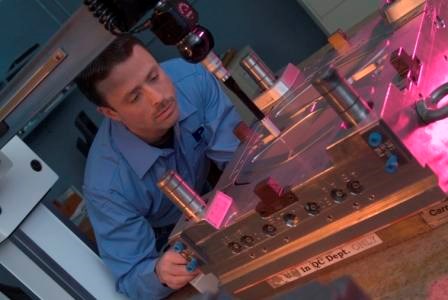
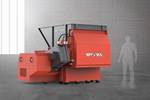



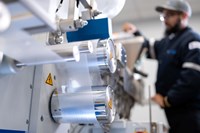
 (2).jpg;maxWidth=300;quality=90)

